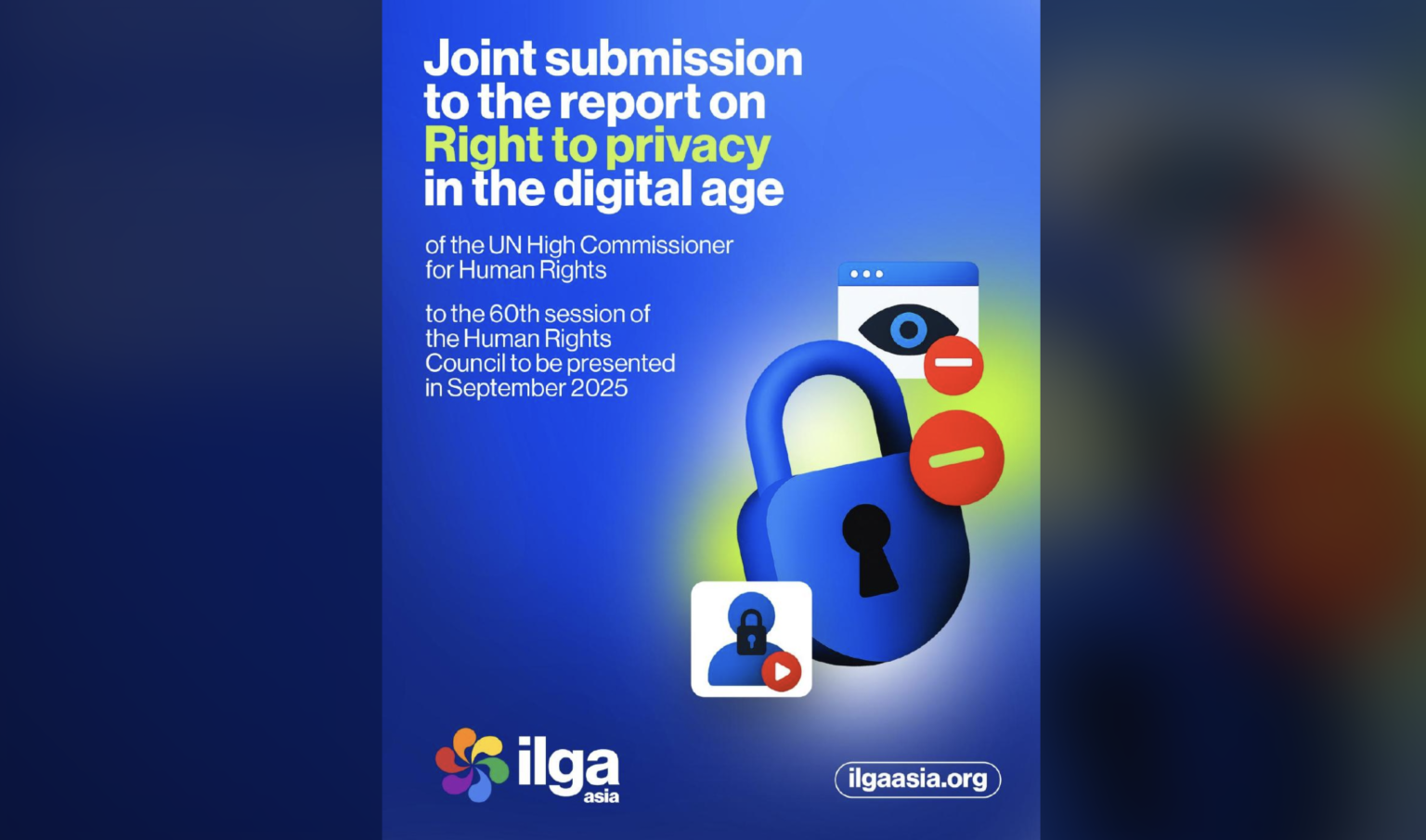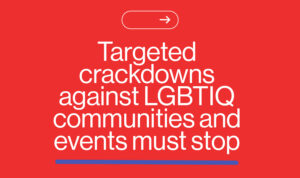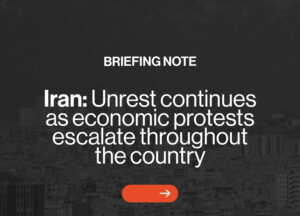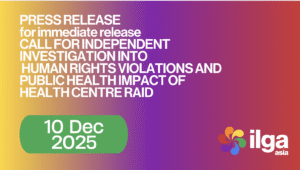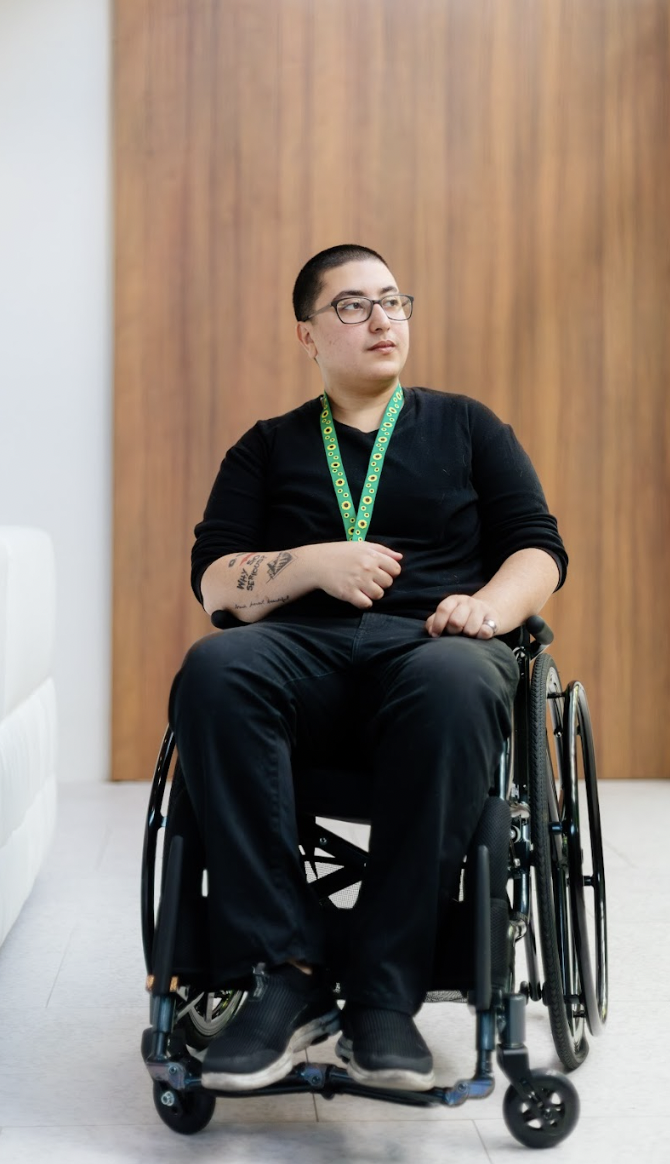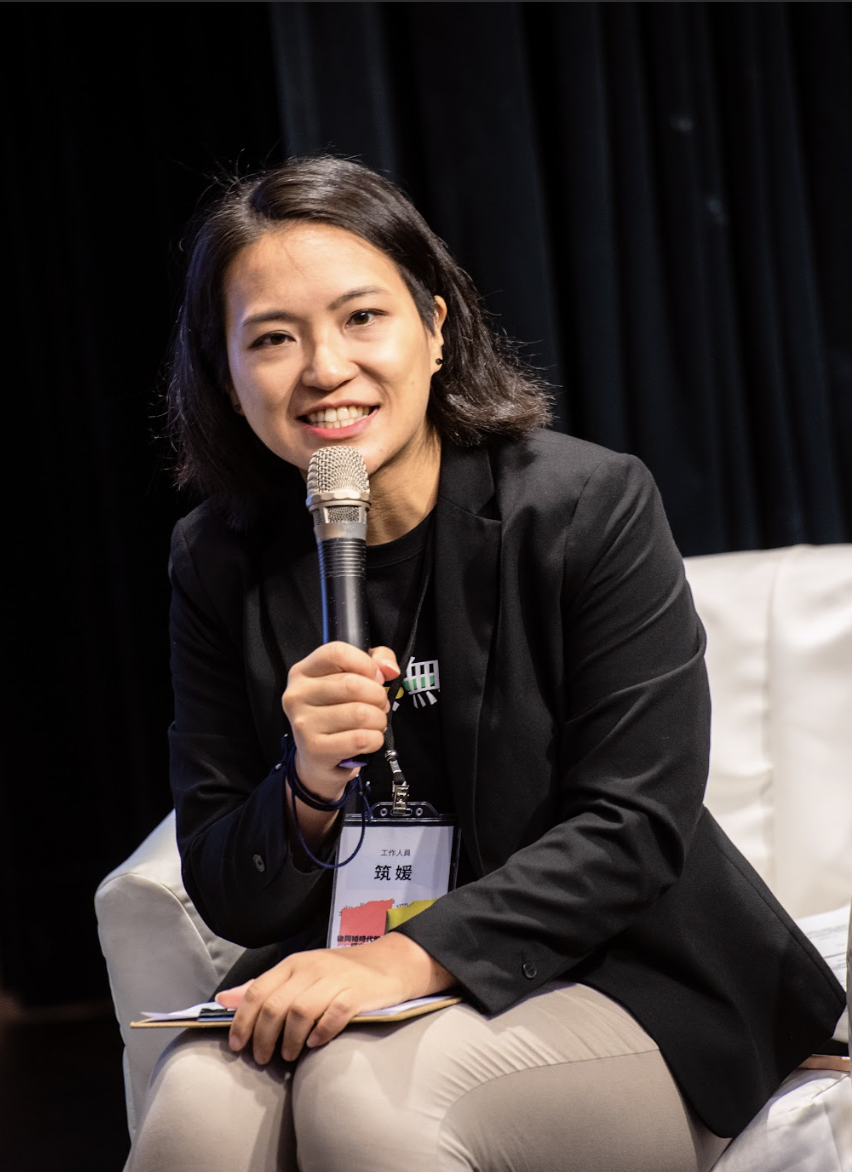The report outlines concrete examples from countries like Malaysia, Nepal, Iran, and Indonesia, where LGBTIQ individuals face systemic privacy violations through state policies, digital ID systems, and unregulated data practices. For instance, leaked healthcare data in Malaysia has been used against transgender people, while Nepal’s biometric ID system marginalizes those outside the gender binary. Iran’s surveillance systems have enabled the entrapment and persecution of queer individuals, and in Indonesia, regulations enforce platform liability, allowing for digital policing of LGBTIQ expression. Digital platforms such as Meta, X (formerly Twitter), and Grindr have been implicated in failing to protect sensitive user data or in suppressing queer advocacy content, further exposing users to harm.
To address these concerns, ILGA Asia recommends that governments adopt inclusive data protection laws, ensure independent oversight with LGBTIQ representation, and cease the criminalization and surveillance of individuals based on SOGIESC. For digital platforms, the report calls for content moderation aligned with international human rights standards, human oversight of AI systems, and transparency in algorithmic decisions. Ultimately, centering LGBTIQ voices in privacy frameworks is essential to creating safe digital environments that uphold the dignity and rights of all users.
Read our zine here.
